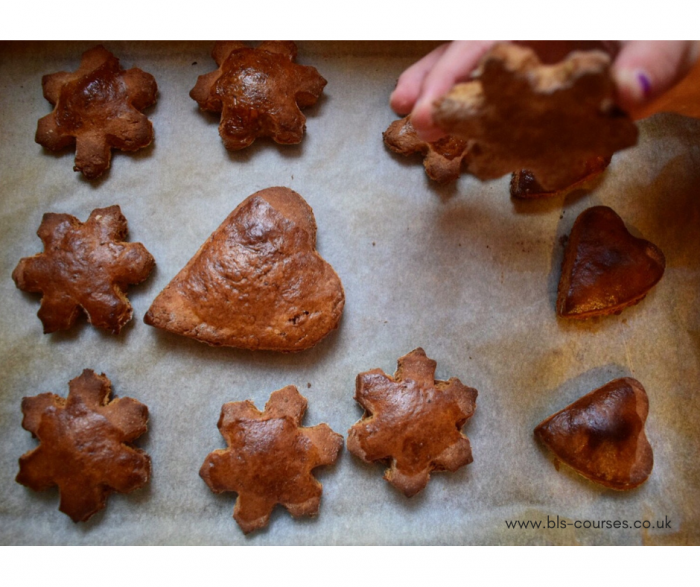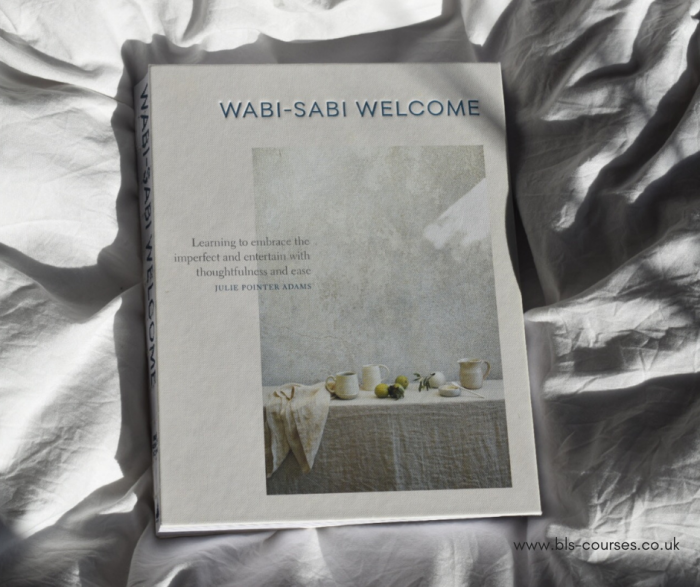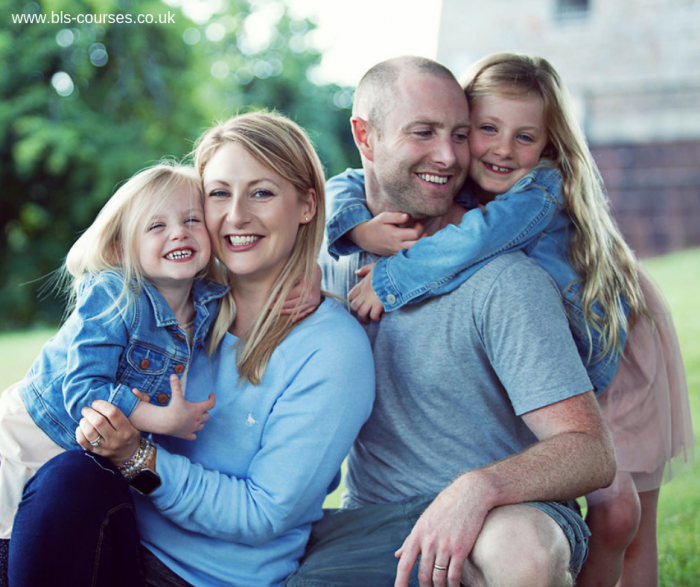Christmas is coming, and many of us are excitedly preparing for it. But beyond the presents, food, family gatherings and decorations, have you ever stopped to wonder where the word “Christmas” comes from, what it really means, and what its meaning is in other languages? This post looks at the origins of the word for “Christmas” in the languages you can study at BLS. Many of them are similar, so we will group them by meaning. We would love to hear more, if you know the word for Christmas in any other languages. Please add them in the comments if you do.
Nadal / Natal / Natale / Navidad / Boże Narodzenie / Рождества / 圣诞
The word for “Christmas” in Catalan is “Nadal”. It comes from the Latin, nātālis [diēs Dominī], or the “birthday of the Lord”. This is similar in the Portuguese “Natal”, “Natale” in Italian and “Navidad” (similar to the English, “nativity”, the feast celebrating the birth of Jesus Christ”) in Spanish. The Polish term, “Boże Narodzenie” also means “the holy birth”. This on its own can be used for “Christmas”, but “Święta Bożego Narodzenia” (“celebration of the holy birth”) is the full version. The Russian (“С рождеством Христовым!” “S rozhdyestvom Hristovym!”) has the same root (it means “Congratulations on the birth of Christ!”). “Merry Christmas” in Chinese is “圣诞快乐(Shèngdàn kuàilè)”, meaning “to be happy at the birth of a saint”. In Arabic it is “عيد ميلاد المسيح” (“‘eed milaad al-maseeH”), “celebration of birth of the-Messiah”.
Noël
There is some debate about the origin of the French “Noël” (which also exists in English, without the umlauts (in songs like “The First Noel”)). The roots of the English word are in the French “noël” anyway, and this may come from the Old French “nael”, deriving from the Latin “natalis”, meaning “birth”, as above. Other commentators think that it may come from the French “nouvelles”, meaning “news”, as in the news of Christ being born.
Weinachten / Vánoce
The German “Weinachten” comes from Middle High German “zeden wīhen nahten” (“in the holy nights”). In German, “Weihnachten” can be the singular or plural form. It is plural in the greetings “Frohe, gesegnete, schöne … Weihnachten” but singular in sentences like “Weihnachten ist ein christliches Fest” (“Christmas is a Christian celebration”.) The Czech, “Vánoce” is a borrowing from this.
Kerstmis / Christmas / クリスマス
The Dutch “Kerstmis” (or simply “Kerst”) and English “Christmas” come from the same root, the celebration (holy mass) of Christ. The Japanese version “クリスマス” (“Kurisumasu”) is borrowed from the English.
Suzannah Young
As the festive time is approaching, we would like to wish you all a very Merry Christmas, Veselé Vánoce! / Счастливого Рождества! (Schastlivogo Rozhdestva) / С рождеством Христовым! (S rozhdyestvom Hristovym!) / Wesołych świąt Bożego Narodzenia! / Feliz Navidad! / Buon Natale! / Joyeux Noël! / Bon Nadal! / Feliz Natal! / Fröhliche Weihnachten! / Zalige Kerstdagen! / Merry Christmas! メリークリスマス (Merīkurisumasu) /圣诞快乐 (Shèngdàn kuàilè) / عيد ميلاد المسيح” (‘eed milaad al-maseeH). We hope that you enjoy your well-deserved break!
With love,
BLS Team






